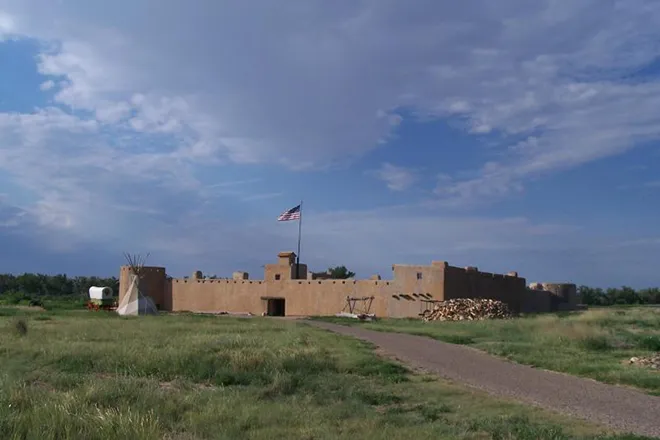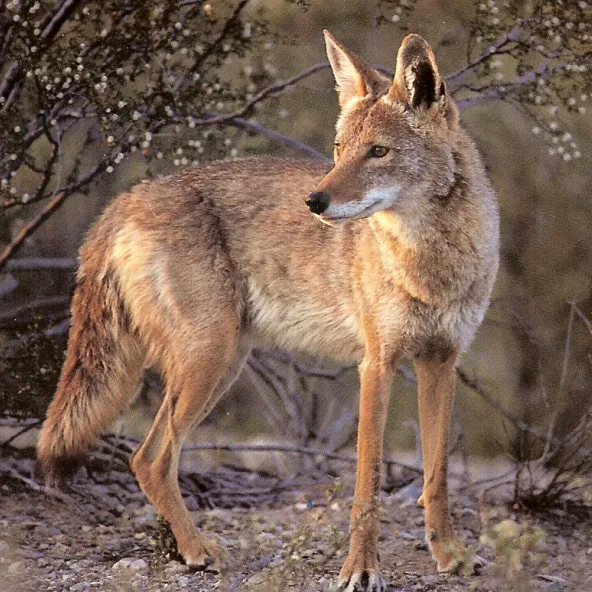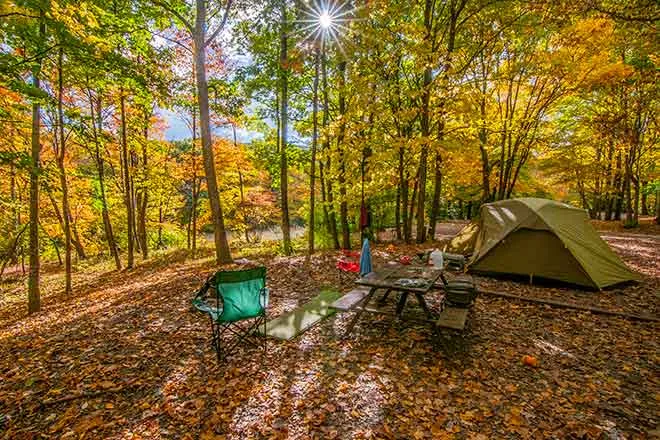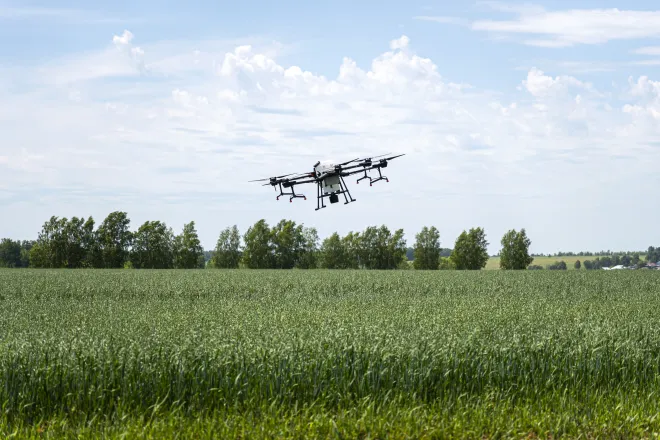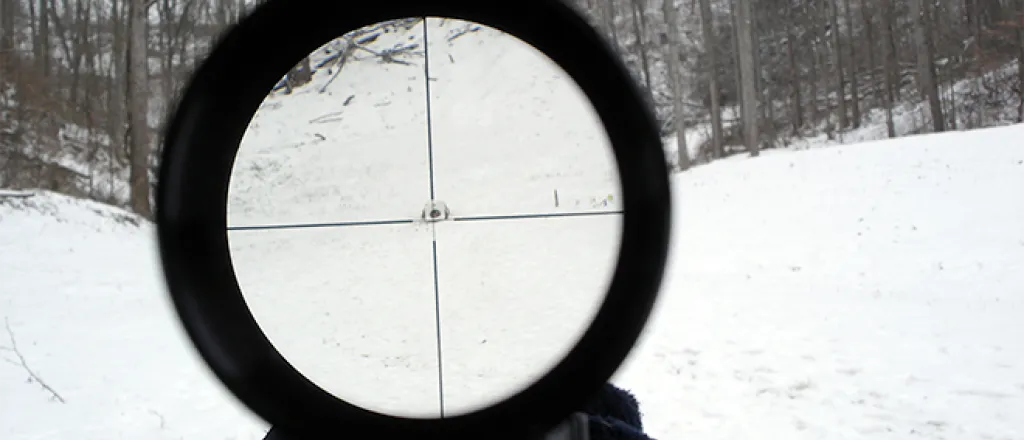
Hunting Tips - Taking Care of Big Game Meat
Ethical hunters not only make a clean kill, they don't waste what they kill. So that means taking care of the meat.
It's against the law to waste game meat. If you harvest an animal, it is your responsibility to remove and care for the meat.
Start preparing before you go into the field. Get in shape and be ready to carry heavy loads over rough terrain. Be sure you know how to field dress an animal. Numerous books and web sites are available to provide explanations. If you will be hunting with someone who is inexperienced, teach them the proper techniques.
Colorado Parks and Wildlife has produced two videos that explain big game field dressing techniques. See "How to field dress a big game animal," on the web site; search for Videos.
Another video, "Down to the Bone", explains how to bone out the meat of a big game animal in the field. By boning out the meat there is much less weight for a hunter to pack out. You can order the video by calling (303)297-1192; or by going to the "Buy and Apply" section of the CPW web site.
Get your gear organized. Assemble all of the equipment you need for cleaning, hauling and caring for your meat. A short list includes: high quality knife, sharpening stone, bone saw, tarp, game bags, frame pack, paper towels, rope and rubber gloves.
Get your freezer ready, too. Be sure you have enough room to store the meat.
Make a clean kill
Shot placement can affect meat quality. Try for a quick kill with a shot that will produce minimal meat damage. The best target: the heart/lungs area just behind the front quarter. A shot to that area will drop an animal quickly. Avoid shooting an animal in the gut or hindquarters. Don't try for head shots.
Also, be aware of where the animal might fall. Don't shoot an animal in an area where you will not be able to retrieve it. Make sure you are capable of retrieving all the meat before it spoils, before it attracts predators and before you become exhausted.
If you can't make a clean shot, don't shoot!
The animal is down; now what?
When you bring down a big game animal with bullet or arrow, you have achieved one immediate goal, but you haven't fulfilled all of your responsibilities as a hunter. You still have to field dress, transport and butcher the meat properly.
Animals must be field dressed immediately. That means removing the guts, heart, lungs, liver, esophagus and other internal organs. If you choose to bone out the meat, you do not need to "gut" the animal.
After removing all the entrails, roll the animal over to drain the body cavity, then use a clean rag to wipe off excess blood, bone chips, dirt, partially digested food particles and other foreign matter.
Only leave the hide on long enough to keep the meat clean while dragging it on the ground or transporting it over dusty roads in the back of an open pickup.
Next, cool the meat as quickly as possible. Skin the animal as soon as you reach camp. Time is critical, even in cool weather. Without air circulating around the carcass the meat can sour quickly. Bacterial growth begins at any temperature over 38 degrees Fahrenheit. Maggots can hatch within eight hours if the carcass is exposed to flies and other winged insects.
Remove the head, trim as much fat as possible, place the meat in game bags and hang them in the shade. Keep the meat dry. Do not allow meat to hang more than two days in the woods. If the weather is warm, get the carcass into cold storage as soon as possible.
Remember–aging does not improve the flavor or serve to tenderize game meat. Beef can be aged to become more tender and flavorful because the fat on a domestic cow protects the meat from rotting at 38 degrees. Deer and elk are 90-95 percent lean, and the leaner the meat the faster it deteriorates.
When taking the animal home, keep it cold and out of sight. Do not strap an animal to the top of your car.
Game meat can last for several years in a good freezer if it is well-wrapped. The best wrapping is a vacuum seal. If you don't have one, use freezer paper. It's better than plastic in staving off freezer burn.






